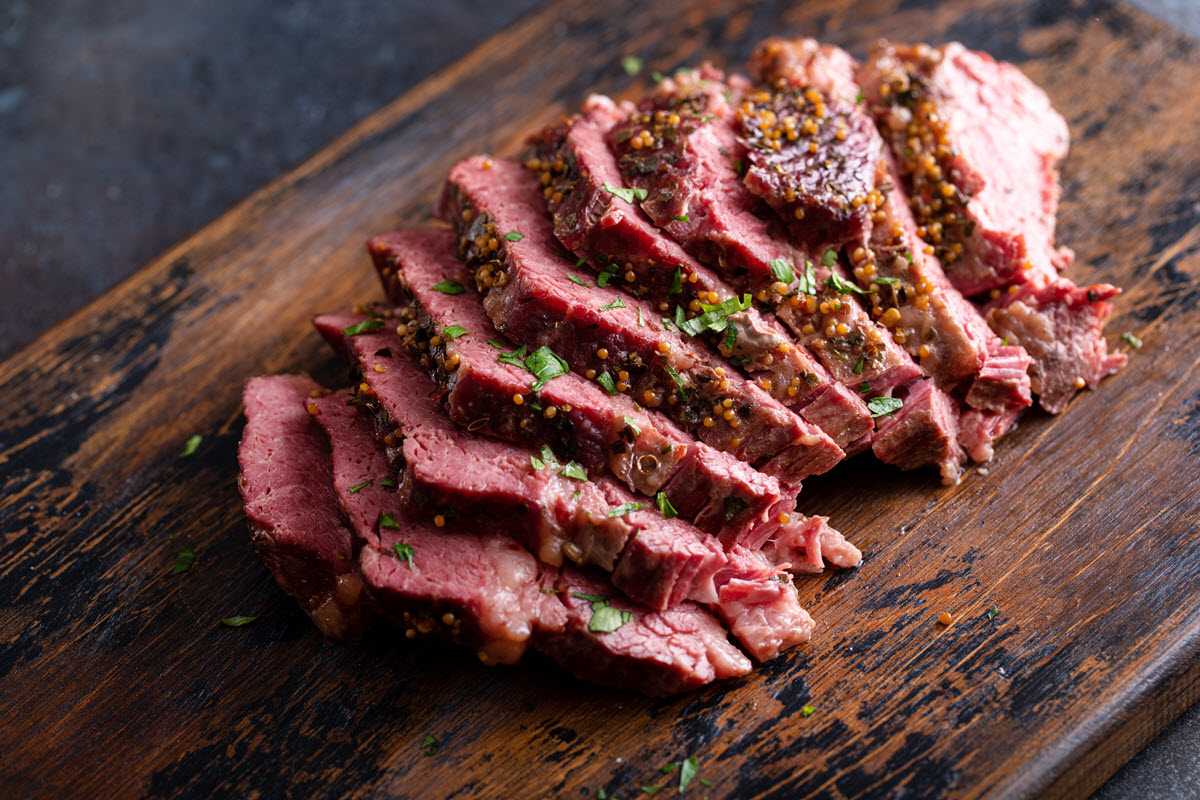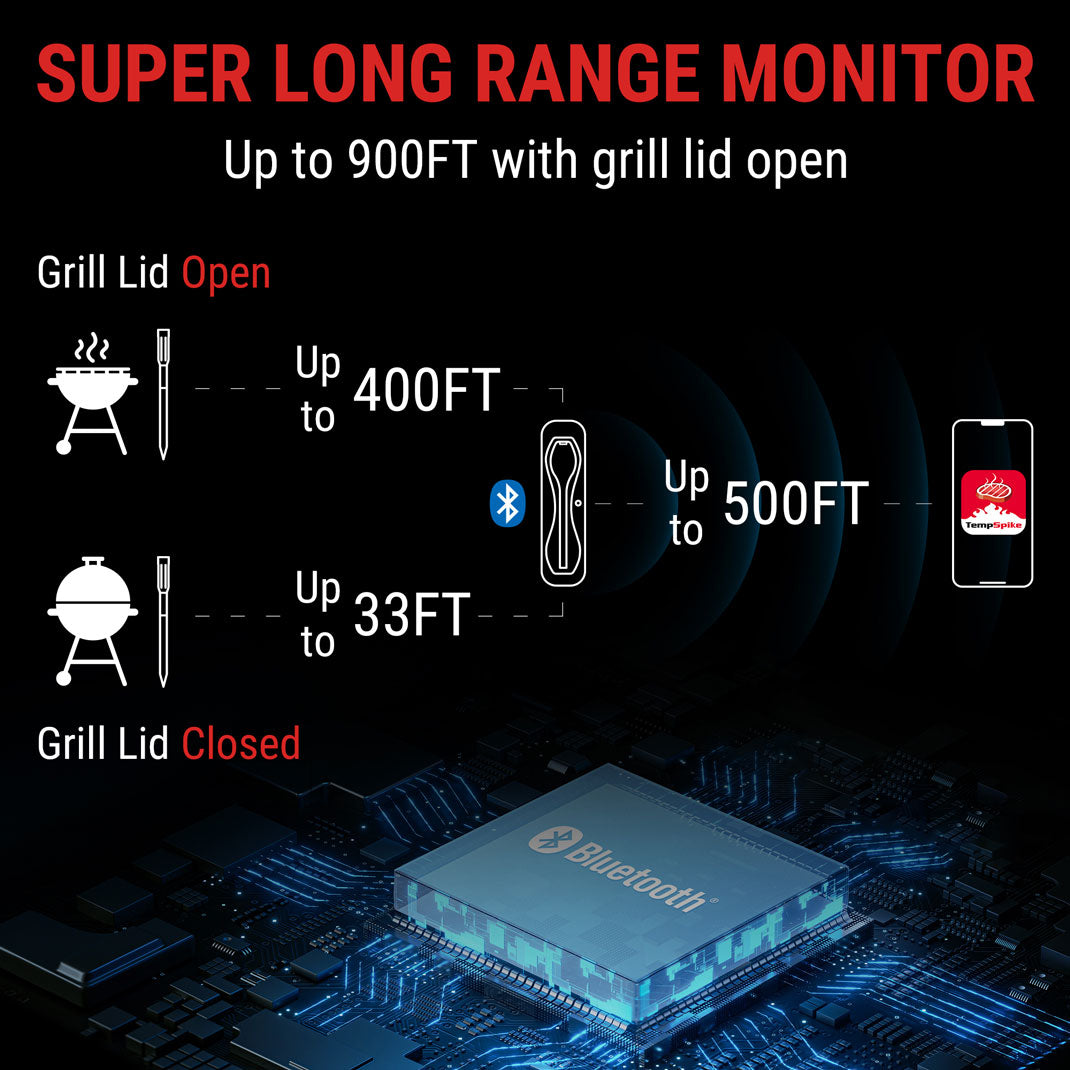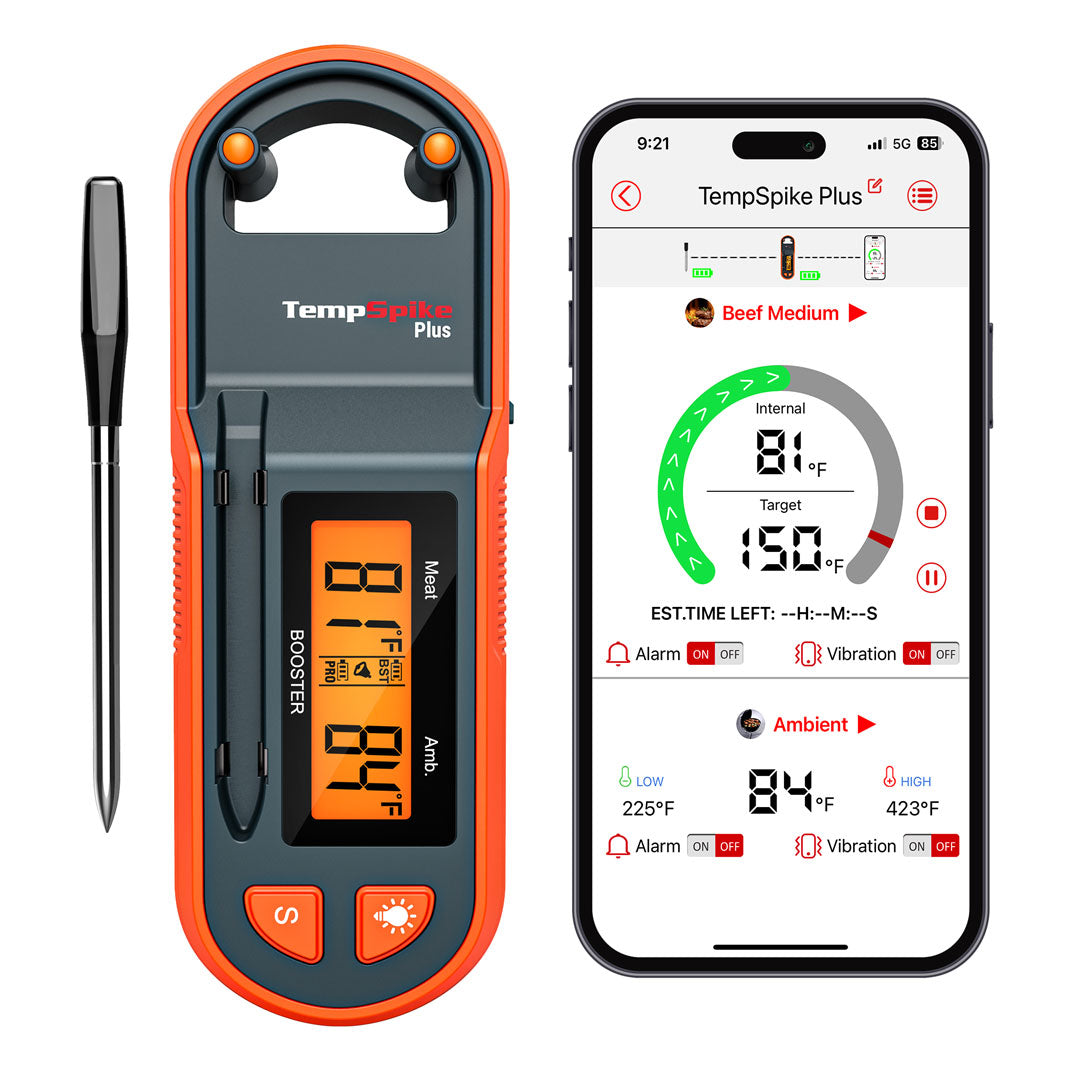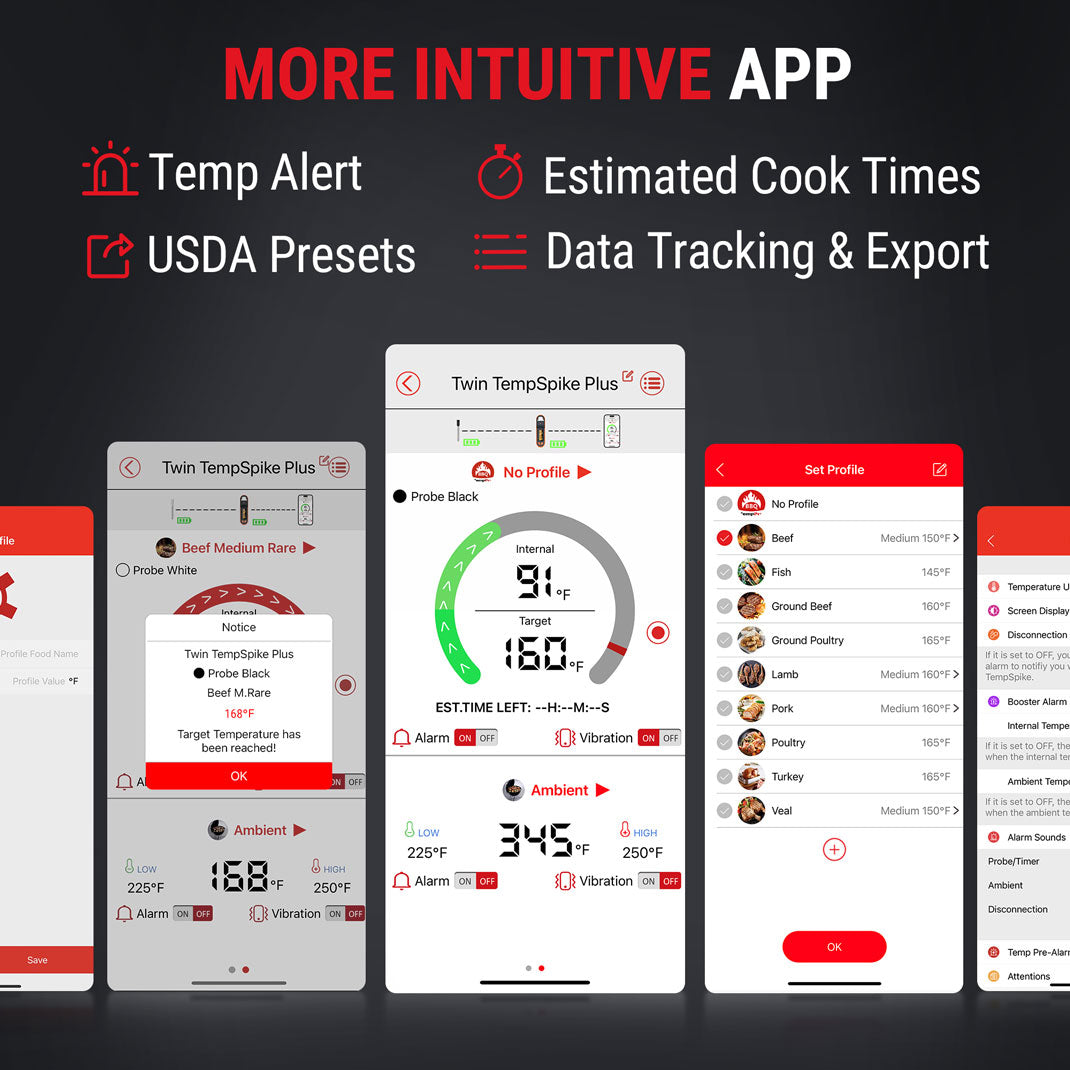The Health Risks of Overcooked BBQ






 288 Comments
288 Comments
To avoid the transmission of harmful bacteria and parasites, novice BBQ chefs tend to overcook their food as a safeguard. And yet, this overcorrection may itself lead to overcooking BBQ, something that may also pose a risk to your health.
Do you have a habit of overcooking your BBQ? Are you at risk of related health problems? What are the health risks involved? What can you do to minimize your risk?
If you are a BBQ enthusiast, this is a subject you need to be aware of. Find out more in our blog!
The Maillard Reaction: The Golden Standard
Cooking food properly requires a delicate balance between two extremes. Don’t cook enough, your food will be undercooked; cook too much, and it will be overcooked. As such, there’s an ideal middle ground when food achieves a pleasant “golden-brown” color. Many home chefs will be familiar with this as it signals when food has been cooked to its healthiest and most delicious state.
This phenomenon has a name: the Maillard reaction. It’s what happens when the natural sugars inside these ingredients react with amino acids. This causes a chain of chemical reactions that fundamentally alter the chemistry of the ingredient, causing its flavor and color to fully bloom.
Unfortunately, the Maillard reaction only happens once a specific threshold has been met. By disregarding this threshold, careless home chefs will risk the danger of undercooking or overcooking their food.

The Well-Known Risks of Undercooked BBQ
Undercooked food poses risks that are well known. To keep the public aware of these dangers, government agencies like the USDA have published specific standards for the safe consumption of cooked food. This involves a safe temperature list of ingredients matched to their minimum temperature requirements designed to eliminate harmful bacteria when cooking. As the degree of doneness can not be determined by appearance, it is important to use a meat thermometer to tell when food is done. By measuring their internal temperature, it is possible to scientifically measure when ingredients have been properly cooked. Suitable meat thermometers for this purpose include the ThermoPro TempSpike Plus and the ThermoPro Lightning. Cooking food for longer times than necessary will satisfy this requirement. This seems to be the choice for many novice home chefs. After all, it is better to be safe than sorry. Unfortunately, this leads to overcooked food – a danger that is considerably less well-known, and one that carries several different risks with it.
Overcooked BBQ Danger #1: Cancer
Grilling over a flame is the best way to create a nice crust on BBQ meat. However, this high temperature can also bring certain health risks. That’s because high consumption of grilled or barbecued meats is known to be associated with an increased risk of colorectal, pancreatic, or prostate cancer.
What’s at issue here is the charring, the parts of your BBQ that have been burned black. Exposing food to high temperatures when grilling over an open flame may lead to the formation of a group of harmful chemicals. These are known as heterocyclic amines (HCAs) and polycyclic aromatic hydrocarbons (PAHs). Both HCAs and PAHs have been linked to causing changes to human DNA that could increase your risk of cancer.
However, this doesn’t mean you have to cut BBQ out of your diet. You can reduce your risk of exposure to HCAs and PAHs by cutting down on cooking times as well as avoid the use of extremely high temperatures. HCAs and PAHs are more likely to appear in meat cooked at temperatures above 300°F, something especially true when grilling over an open flame.
Caution should be taken when consuming foods that are well-done and fried. See if your food has been overcooked, and do your best not to eat parts that have been burned black.
Overcooked BBQ Danger #2: Harder to Digest
Overcooking your meat on a grill is a problem that can best be explained to BBQ fans with three words: well-done steak. This fate worse than death is something that many self-respecting home chefs have come to avoid, and there’s a very good reason for it. That’s because overcooked BBQ foods are harder to metabolize.
When beef has been overcooked, its proteins, fats, and sugars all melt together. Additionally, the high heat causes its collagen to contract. By depriving it of its natural juices, overcooking the steak will make it extra chewy and harder to digest.
Overcooked BBQ Danger #3: Lost Nutrition
Cooking is an important part of making ingredients healthier to eat by unlocking their nutrients. However, overcooking food is taking a step too far. Not only is there no further benefit, but you actually make food less nutritious by destroying its nutrients. As cited by a scientific study, spinach tends to lose its nutrition as you cook it more. As the study showed, spinach can lose up to 51% of its Vitamin C when boiled as compared to just 11% when steamed. When this phenomenon is the most prevalent with vegetables, it’s still a best practice to avoid overcooking your meat. The best way to achieve this is with a meat thermometer.

How a Meat Thermometer Can Prevent Overcooking
Meat thermometers are the best way to determine the internal cooking temperature of food. By inserting a temperature probe, you can easily determine if an ingredient has achieved its safe required cooking temperature. Unlike the appearance or poke test, a meat thermometer can tell you when food has been cooked from within. By using a meat thermometer, you can limit your food’s exposure to high heat. Once they have reached their target internal temperature, these foods can be removed from heat. This way, your food doesn’t have to be subjected to any unnecessary cooking. For quick measurements on the grill or the stovetop, use an instant-read thermometer like the ThermoPro Lightning One-Second Instant-Read Thermometer. This thermometer measures food temperatures instantly, allowing you to cook at your own pace without compromise. For continuous measurements in the oven or smoker, use a wireless probe thermometer like the ThermoPro TempSpike Plus 600-ft Wireless Meat Thermometer with Upgraded Probe. The TempSpike Plus allows you to monitor the cooking progress of meat from up to 600 feet away.

Final Thoughts
Overcooked BBQ poses a health risk to BBQ fans that shouldn’t be ignored. And yet, this doesn’t necessarily mean you have to give up this fantastic lifestyle. By being cautious and paying attention to what you eat, it’s possible to eat healthily while avoiding the dangers of overcooked BBQ.






















